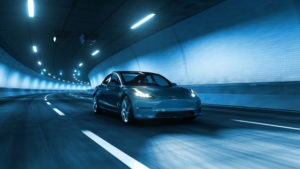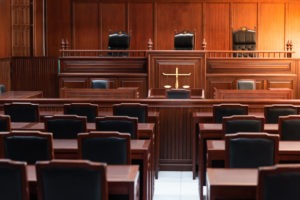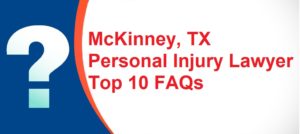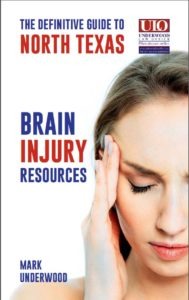
The self-driving cars under development by companies like Tesla and Volvo have the potential to change the way we drive. Self-driving cars could also reshape the future of personal injury law, as well.
There is no doubt the potential for fewer injury accidents is a positive thing. However, the reduction in motor vehicle accidents could dramatically reduce the number of personal injury lawsuits.
How injury claims for self-driving vehicles will work
If the rapid growth of self-driving cars does ultimately result in a reduced number of motor vehicle accidents, the chances are good that the rate of severe injuries will also fall. Of course, this reduction will only happen rapidly at a time when self-driving cars make up the majority of motor vehicles on the road.
It is also worth noting that no amount of technological advancements can make driving risk-free. Even if automated cars can avoid the errors caused by human drivers, software errors are still a possibility. Remember: human error could still cause a crash with an automated vehicle. This error would stem from the individuals responsible for programming the vehicle as opposed to the driver.
The lack of a driver could also complicate the process of identifying the at-fault party for a motor vehicle crash.
Knowing your rights in a self-driving car accident claim
In a typical motor vehicle accident, you have the right to pursue a lawsuit against the negligent driver that causes the crash. While you would typically file a lawsuit against the other driver, their liability insurance would normally pay for your claim.
These issues are complicated when an automated motor vehicle is involved. After all, it is unclear who should face responsibility for a motor crash when there is no driver to blame. It is natural to assume that the manufacturer of the automated vehicle should face liability for your accident. However, these companies have vast resources and armies of lawyers. They are unlikely to accept liability in these cases without a fight.
Issues concerning venue
There could also be issues involving the appropriate venue for a personal injury lawsuit. The venue is the specific court you are required to file your lawsuit in. Typically, a person injured in a motor vehicle accident will file their suit in the jurisdiction where the crash happened or where the defendant lives. In many cases, a defendant could live in the same county where the accident occurred.
Issues of venue could become more complicated when the defendant is an out-of-state corporate entity. In fact, if the damages are costly enough, a company could seek to have the case moved to federal court. This could make recovering compensation more challenging and drag the process out even longer.
For a free legal consultation, call (972) 535-6377
How safe are self-driving cars?
There are a number of accidents involving self-driving cars that have made the headlines nationally. That said, the reality is that these vehicles are fairly safe. While research from the National Highway Transportation Safety Administration (NHTSA) makes it clear that driving-assisting technology reduces accidents, fully automated vehicles could have an even greater impact.
The research on fully automated vehicles is limited. However, the NHTSA research shows that the vast majority of car crashes occurred due to driver error. Automation could avoid many of these errors and the accidents that come with them.
How self-driving cars work
Self-driving cars have been a dream of vehicle manufacturers for decades. However, recent technological advances could make that dream a reality for the masses sooner than most people realize.
Self-driving cars are possible thanks to a series of advanced computer systems designed to operate a vehicle. These computers handle a variety of tasks that, when put together, drive a vehicle without the need for human input. These three computer systems include:
- GPS System. The first computer system relies on a global positioning satellite to determine exactly where on earth the vehicle is. This computer system gives the vehicle a route from its current location to a final destination.
- Operating System. Another computer will oversee the controls needed to actually operate and steer the vehicle. This includes the ignition, the steering wheel, and the braking system.
- The third computer system allows the first two to work together smoothly. By interfacing between these two systems, a computer could collect important data from the GPS system and use it to guide how the operating system maneuvers the vehicle.
Click to contact our personal injury lawyers today
Talk to an attorney today about your accident
While self-driving cars may change the future of personal injury law, that future has not yet arrived. Whether you are struck by a negligent driver or a self-driving car, you have the right to seek legal counsel following your crash. If your accident resulted in a bodily injury, you could be entitled to recover a monetary award.
Let Underwood Law Office serve as your advocate following a motor vehicle crash. To discuss your claim, call for a free consultation.
Call or text (972) 535-6377 or complete a Free Case Evaluation form





